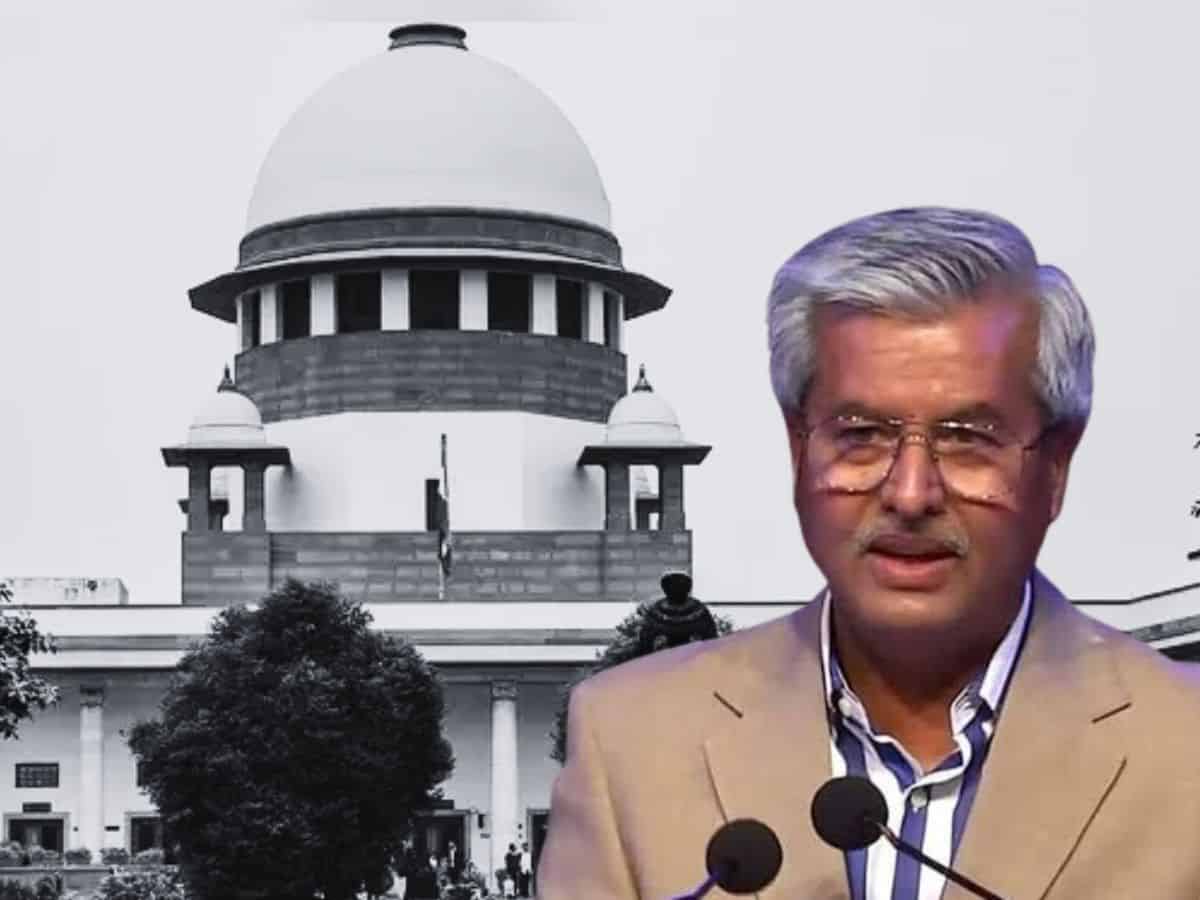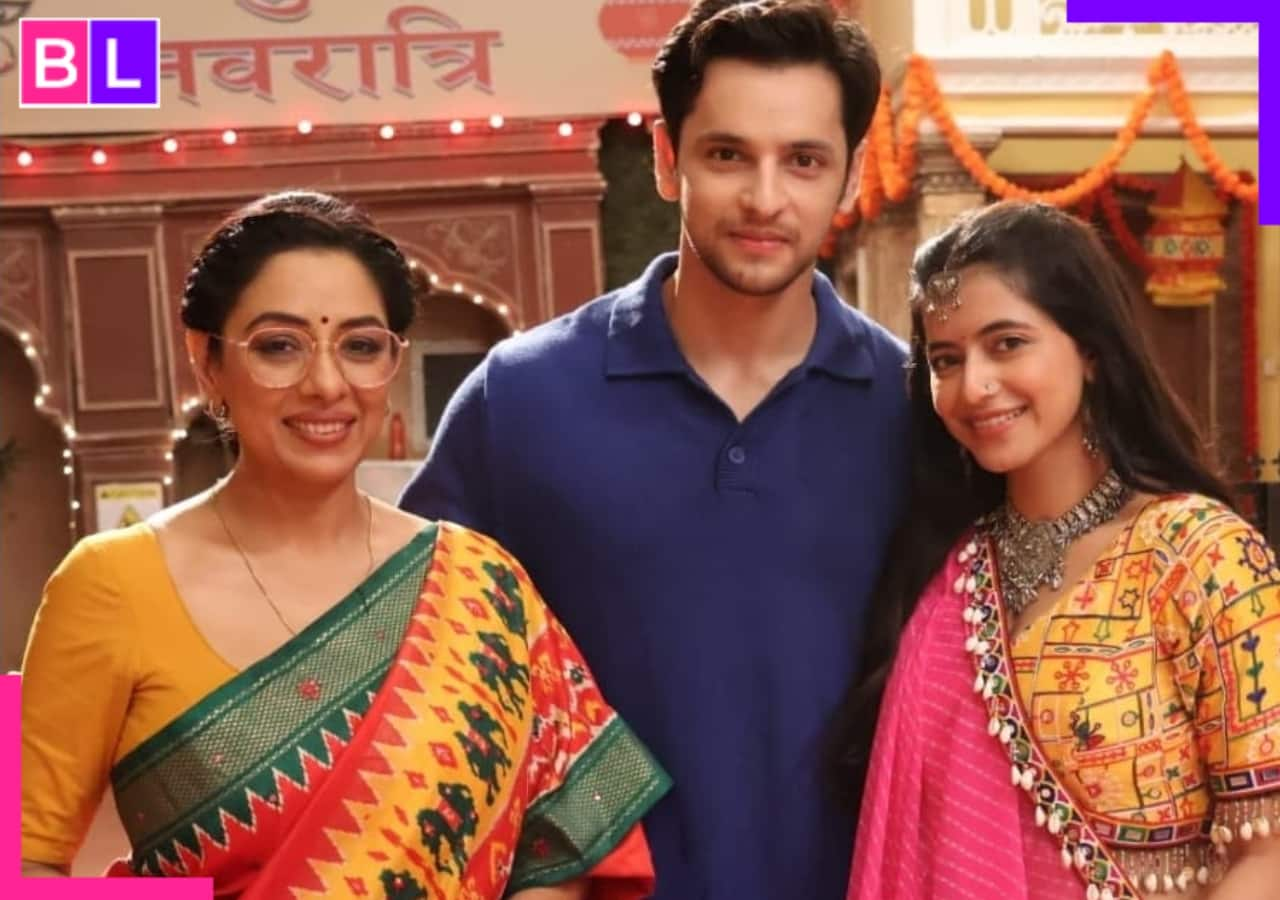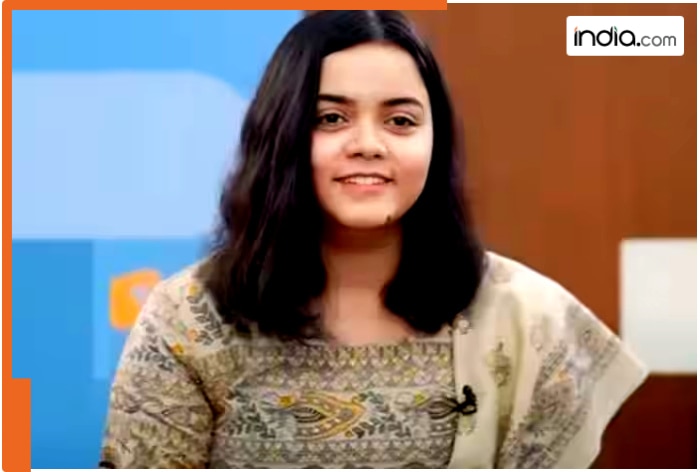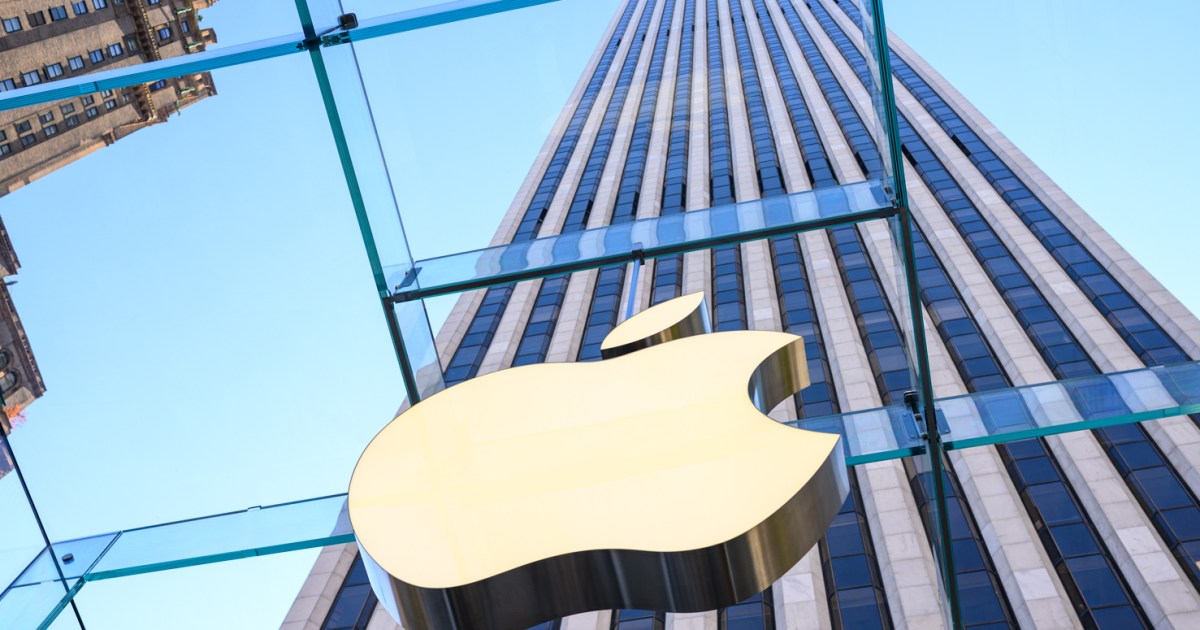Senior advocate Dushyant Dave lashed out at the Indian Judicial system, mainly the high courts and Supreme Court of India by calling them a ‘majoritarian judiciary’.
In an interview with Live Law, the senior advocate did not mince words when he said the judges of the High Courts as well as the Supreme Court have become ‘blind.’
Judiciary struggles against bulldozer culture
Speaking on the ongoing bulldozer culture, mainly used in BJP-run state governments on the pretext that the buildings, mostly belonging to the Muslim community, were constructed on encroached land, he asked why is the Judiciary silent.
“When the police uses bulldozers to demolish homes, shops and businesses, are they blind? The Judiciary remains silent. I mean frankly, there is complete hypocrisy on the part of the Judiciary, with the greatest respect. You(Judiciary) have to assert,” he said.
“You (Judiciary) have to ensure the rule of law prevails irrespective of religion, irrespective of status, irrespective of caste, irrespective of religion, irrespective of status, irrespective of caste, irrespective of anything. If the Judiciary is not able to do that, you are increasingly daily ceding the turf to the executive and as a result of that, the executive is getting more and more and more emboldened. It has taken the law into its own hands and the citizens are suffering as a result of that,” he said.
He pointed out the hypocrisy of the courts unable to stop the bulldozer culture which is a ‘form of justice’ to many right-wing aligned political parties and organisations.
Judicial system stronger during British Raj
Recalling the Indian Judiciary during the colonial British Raj, Dave said the judiciary at that time was stronger than what it is today.
“Even then, the Judiciary was not as weak as it is today. I dare say, today judges are just not willing to confront these kinds of gross violations of human rights attacks on civil liberties, attacks on civil liberties, attacks on constitutional institutions. Nothing is being done by judges. Is the Judiciary not responsible for ensuring that the democracy of India remains vibrant?” he asks.
Dave threw a few examples where the Supreme Courts of neighbouring countries stood their ground in challenging situations.
He spoke about the Chief Justice Ifthikhar Muhammad Choudhar of the Supreme Court of Pakistan who was sacked after he refused to bow down to the Dictator Musharaff Alam’s demands.
In Kenya, the Supreme Court ordered the entire election process to take place again after it was found that the previous one was rigged.
Similarly, In England when former Prime Minister Boris Johnson did not call the House, the Supreme Court of England intervened and directed to call the House.
On India’s secularism
India’s secularism, as per Dave, ‘means nothing at all’. He spoke about the 2014 and 2019 Supreme Court verdicts on the Ram Mandir and how the ruling Bharatiya Janata Party was given a free hand to construct the temple on the ruins of another religious shrine – the Babri Masjid, which was demolished by a Hindutva mob on December 6, 1992.
“We have become a Hindu nation and I am really sorry we didn’t need to. Hinduism is a beautiful religion. I’m a proud Hindu,” he said.
“But as a nation, we are extremely homogeneous. We have multiple cultures. Besides Hinduism, Jainism came, Buddhism came, Islam came, Christianity came, Zoroastrianism came, Sikhism came. Every religion has thrived in this country. We don’t need to become suddenly great Hindus. It’s not needed,” he said.
“Hinduism is about spirituality, it’s not about this kind of… I mean yes it(secularism) is basic structure of the Constitution, but but that’s only on paper. I think we have ceased to be a secular nation,” he concluded.









